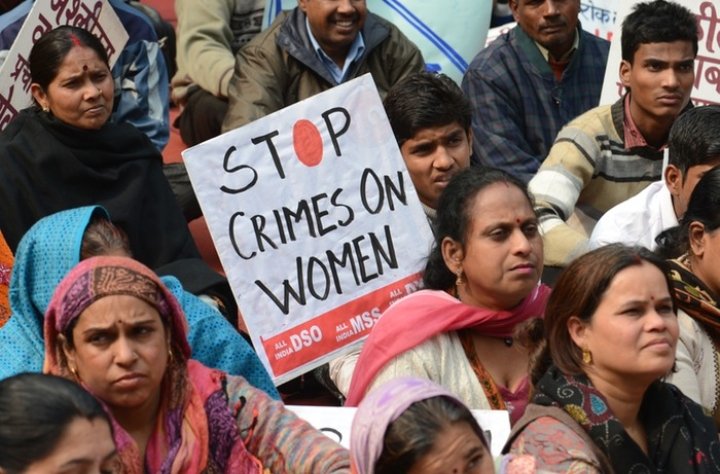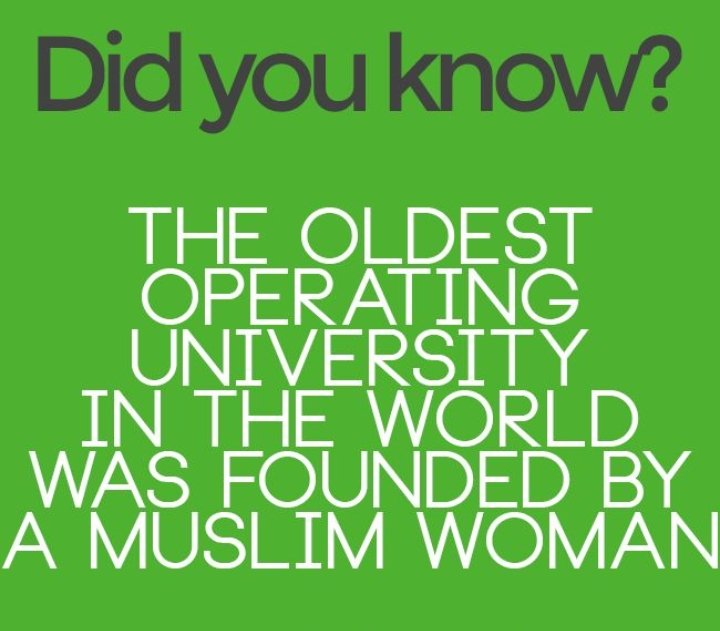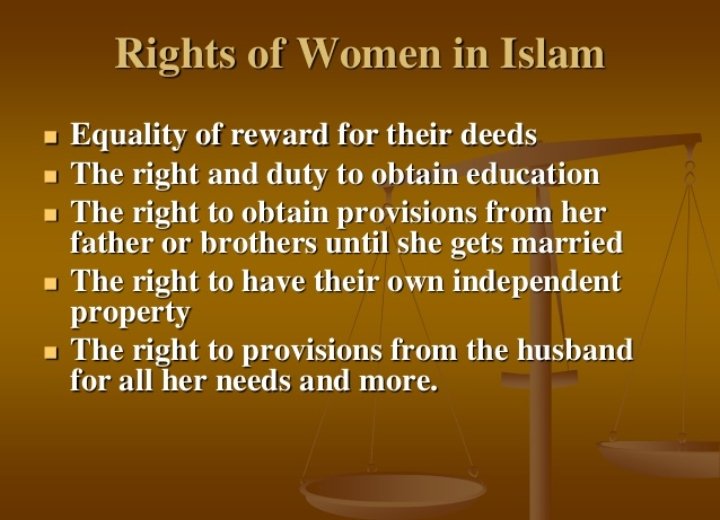Improvement in the Arabian women's rights
The year 2018 looks promising after the lot of good news that has brought in Arab countries in the field of women's rights. It is Tunisia, historically pioneering, which has the most illustrated, with two actions "punch". On August 13, 2017, on the occasion of Tunisian Women's Day, President Béji Caïd Essebsi decreed to reform Muslim inheritance laws to allow for equal inheritance. A month later, the presidential entourage announced the repeal of all the circulars prohibiting the marriage of Tunisian women with non-Muslims.
What bristle the beard of the guards of the Orthodox temple, including those of the prestigious institution Al-Azhar, who disavowed these reforms, calling them "contrary to sharia".
A wind of change has blown even on the most regressive countries in the world.
But it was to count without the strength of this wind of change, which blew even on the most regressive countries of the world in the field of women's rights. On September 26, a royal decree authorized Saudi women to drive. We can laugh about it, but it is a revolution in a kingdom where every woman still lives under the tutelage of a man of her family. Jordan and Lebanon have not demoralized either. Following the Tunisian model, they abolished the possibility for a rapist to escape prison if he marries his victim.
A wind of change has blown even on the most regressive countries in the world.
But it was to count without the strength of this wind of change, which blew even on the most regressive countries of the world in the field of women's rights. On September 26, a royal decree authorized Saudi women to drive. We can laugh about it, but it is a revolution in a kingdom where every woman still lives under the tutelage of a man of her family. Jordan and Lebanon have not demoralized either. Following the Tunisian model, they abolished the possibility for a rapist to escape prison if he marries his victim.
In the Arab world, the lines are indeed moving in favor of women. But only at the level of laws. Because their daily life still suffers from a major plague, called sexual harassment.
The reformist discourse can no longer pass only by the laws and the few lessons given by a faulty public education.
The images of aggression that came to us this year from Morocco, including those of an attempt to gang rape a girl on a bus, reminded us of the violent reality of the street. In Egypt, considered the most dangerous country for women, a conservative lawyer, interviewed by a local television channel, has come to say that the girl who walks in the street with ripped jeans "deserves to be raped". "It's even a national duty to harass and rape her," he had shrieked under the horrified gaze of the other guests. He has since been sentenced to three years in prison.
The reformist discourse can no longer pass only by the laws and the few lessons given by a faulty public education.
The images of aggression that came to us this year from Morocco, including those of an attempt to gang rape a girl on a bus, reminded us of the violent reality of the street. In Egypt, considered the most dangerous country for women, a conservative lawyer, interviewed by a local television channel, has come to say that the girl who walks in the street with ripped jeans "deserves to be raped". "It's even a national duty to harass and rape her," he had shrieked under the horrified gaze of the other guests. He has since been sentenced to three years in prison.
These violent, not to say criminal, declarations remind us that the woman's body, despite the good intentions of the politicians, still does not belong to it. In many Arab countries, the alpha male factory is running at full speed. Every day, social networks emit smells as nauseating as the call to violence of this Egyptian lawyer.
Every Friday, imams must teach people the basic rules of good manners: that it is forbidden to harass a woman on the street.
Every Friday, imams must teach people the basic rules of good manners: that it is forbidden to harass a woman on the street.
As a result, the reformist discourse can no longer pass only through the laws and the few lessons provided by defective public education. The time has come to use the instrument that speaks the most about the street: religion. For many decades, mosques have served to engage jihadists and sell an obscure speech to Arab youth.
It is high time for them to become the mouthpiece of the new society we want to build. Every Friday, instead of decreeing their Manichean vision of halal and haram(allowed/not allowed), imams must relearn to people the basic rules of etiquette: that it is forbidden to harass a woman in the street, that she is entitled to the public space as much as the man, that the rape is a crime in the eyes of Allah(god).








No comments:
Post a Comment